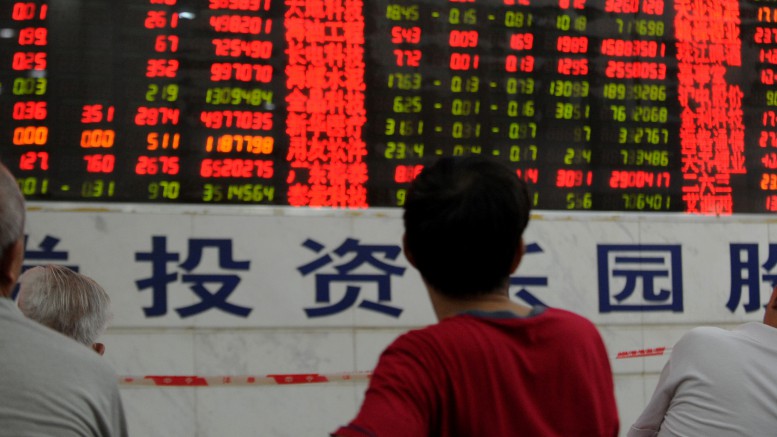China exudes optimism. That is according to local and international media descriptions of the recent financial maelstrom on China’s stock market during the last two weeks of November. The launch of the pilot programme Hong Kong – Shanghai Stock Connect, will provide foreign investors with unprecedented access to the Chinese market –through Hong Kong- for the first time. In addition, the Chinese Central Bank has issued an interest rate cut for the first time in over two years. Both actions have revived investor hopes for greater openness in the Chinese economy.
A week after China’s Central Bank slashed interest rates; markets grew for seven consecutive days, reaching a two year high. Likewise, this momentum has allowed China to surpass Japan for the first time in three years, in the process becoming the second largest stock market in the world.
Nonetheless, as far as foreign investors are concerned, the issue is not so much about confidence, but of opportunities. That is according to Professor Terence Chong, Executive Director of the Institute of Global Economics and Finance at the Chinese University of Hong Kong.
“If people think they can make money out of the Chinese market, whether it’s a good market or a bad market, the money will go there. The most important thing is that if the stock is undervalued, people will go there to buy their stocks, but you have to provide infrastructure, heavy infrastructure”, explains Prof. Chong referring to the Hong Kong – Shanghai Stock Connect.
The launch of this new experimental bridge allows foreign investors to invest directly in the Chinese market by opening an account in Hong Kong without any form of restrictive quotas and with a daily limit of $2.1 billion. Undoubtedly, China will benefit most from this, because Hong Kong is already an open market with a very stable pool of international investors.
“In order to open up your economy you need to lift capital controls. The problem is that the financial sector and the investment sector, the stock market, are underdeveloped. If you allow other people from other countries to come to your country to invest, those people are more mature than the Chinese investors”, Prof Chong says.
More specifically, the maturity of foreign investors has the potential to contribute to the development of greater transparency and to create a pool of more knowledgeable investors in China, Prof. Chong states.
“Local Chinese investors have to be educated. Even though they have very mature tools and companies, they don’t’ have a good pool of investors, and so are not renowned as a mature market”, he adds.
A lack of maturity is one of the factors that worry the most skeptical. Despite the record results on the Chinese stock market, the launch of the Hong Kong – Shanghai Stock Connect also shows the distrust from Chinese investors towards their own stock market.
“In China the market is big enough. The problem is that people in China don’t trust their own stock market so people do not invest in it at all. It is a confidence issue”, Prof. Chong highlights.
This lack of trust from the Chinese towards the internal market is a long-term challenge. A few years ago, the economist Wu Jinglian described the Chinese stock market as being “riskier than a casino”. Endemic corruption within the system, a lack of stock market regulators and a lack of transparency contribute to a dearth of confidence from both local and foreign investors.
Very few companies present their accounts to shareholders, and the use of privileged information is commonplace when trading stocks. However, despite the lack of transparency, the Chinese stock market offers great potential for international investors.
Until now, large Chinese companies such Alibaba, Weibo or Wanda had to go to markets such as New York or Hong Kong to attract international shareholders. The launch of the Hong Kong – Shanghai Stock Connect will enable such public offerings to take place inside China in the years ahead.






Be the first to comment on "New investor bridge in China showcases opportunity –but also lingering concerns"